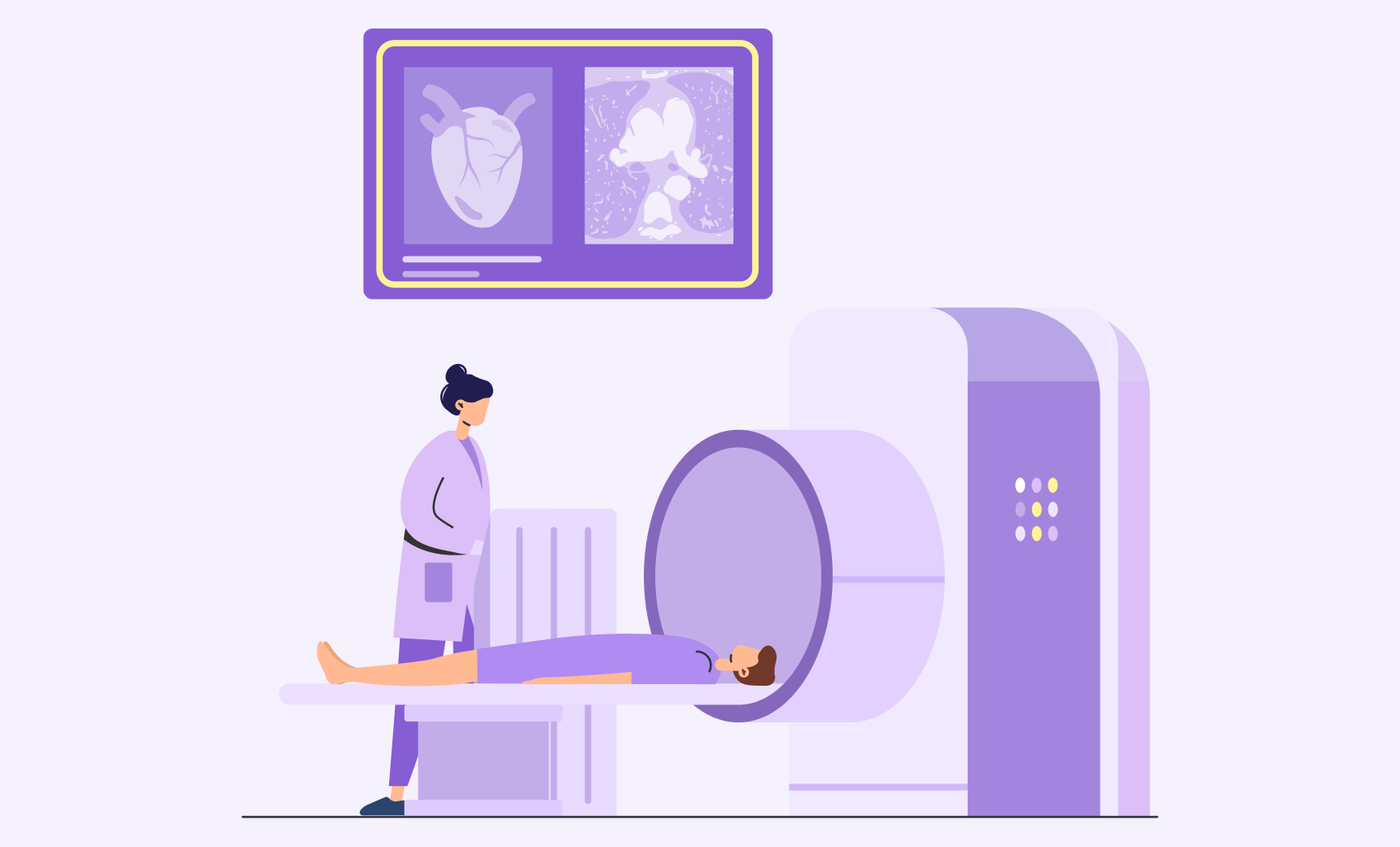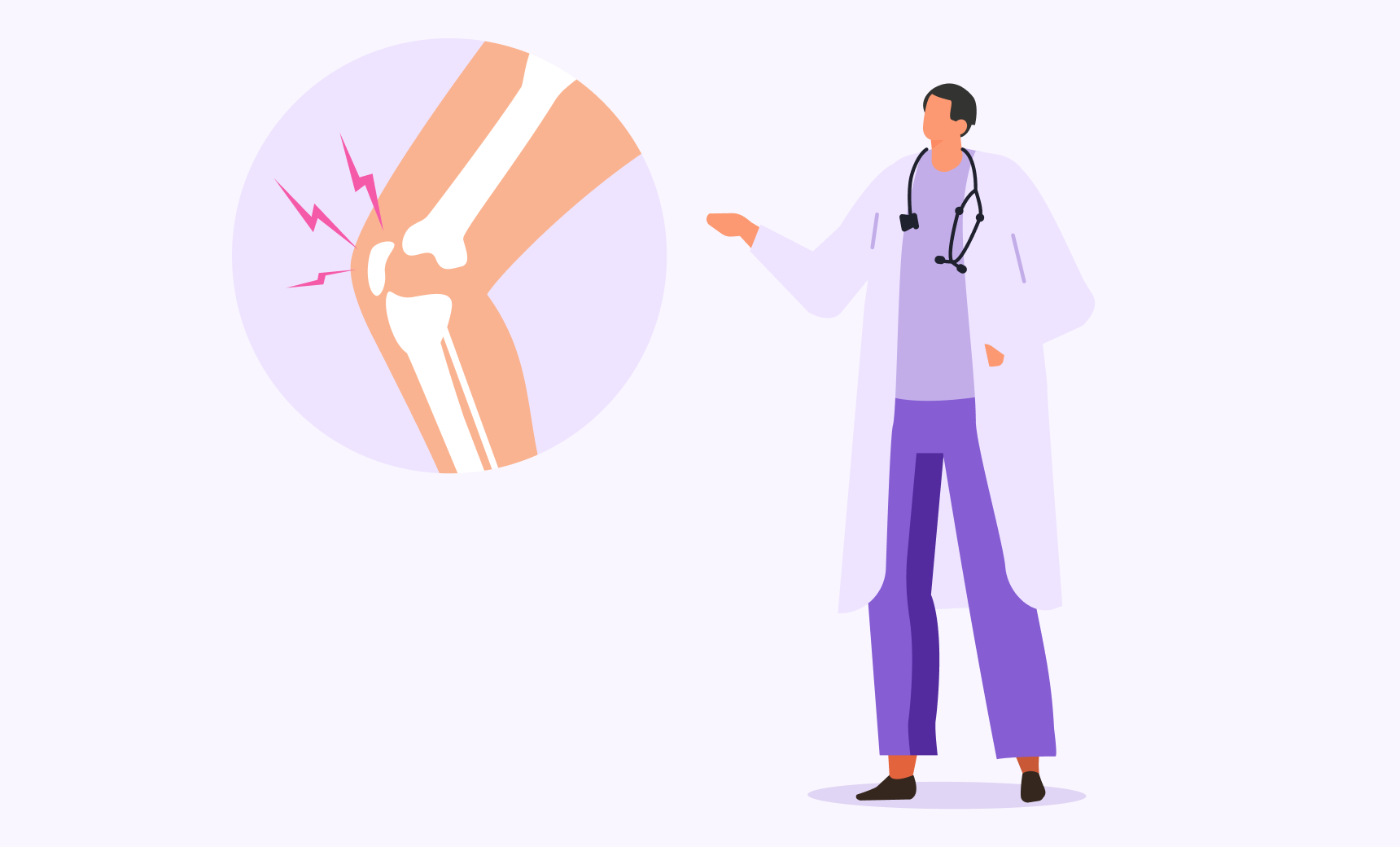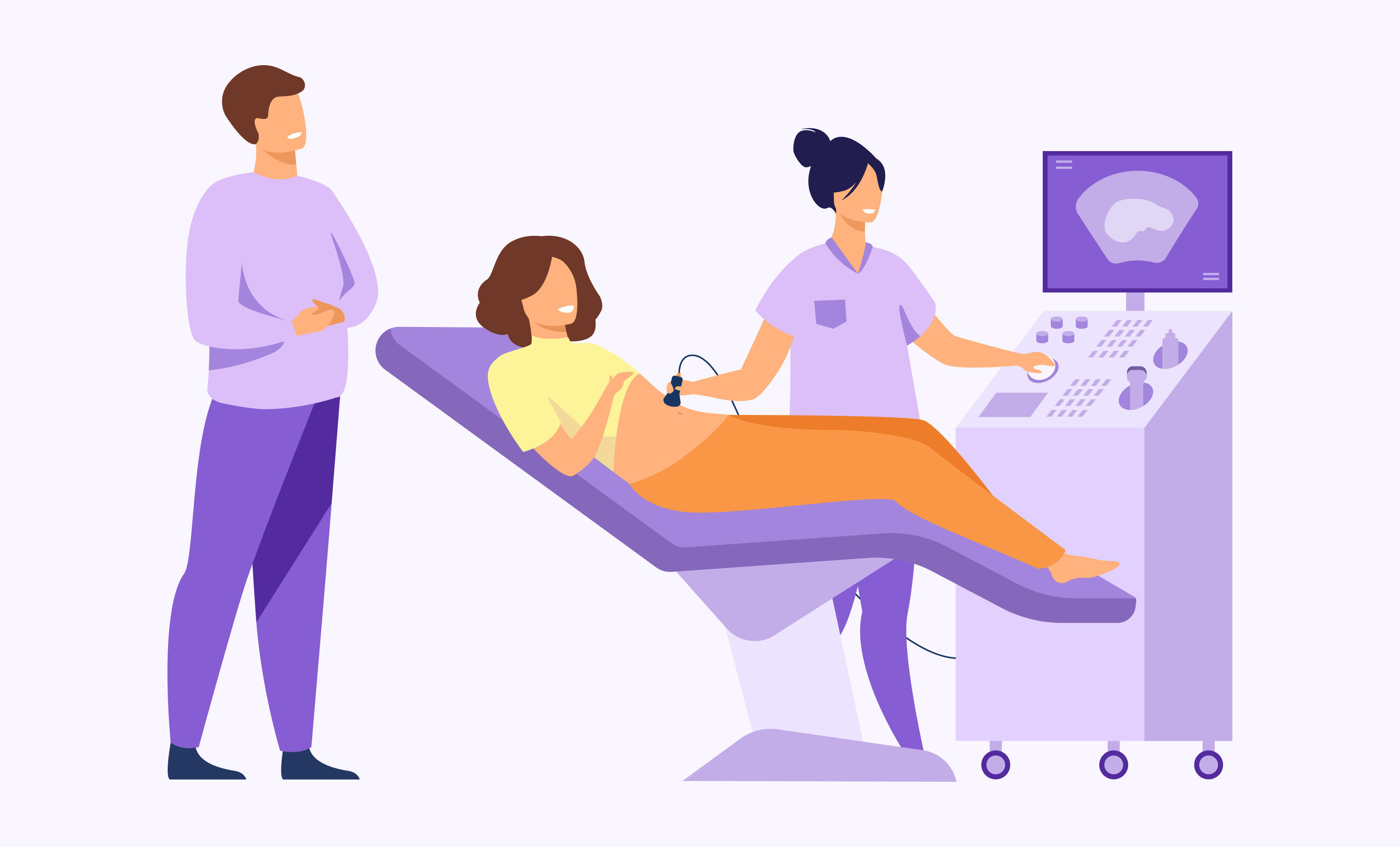6 Essential Nutrients our body needs
In order for our body to perform at peak capacity and continue to do so, we need nutrients (vitamins, minerals, antioxidants). These nutrients (or lack thereof) affect not just our physical well-being but also our mental capacity. When there’s an imbalance or deficiency, it can contribute to health issues.
Nutritional deficiencies or malnutrition can cause the following (and more):
* confusion
* short-term memory loss
* hair loss
* brittle nails
* insomnia
* rashes
* fatigue
* chronic health conditions
We get a majority of the nutrients we need through the food we eat. And if we don’t retain them we try to make up for it by taking supplements.
But what are the essential nutrients that our body needs?
- Protein
Every cell in our body contains protein—from our bones, to our hair, to our skin. It’s not just for muscle forming but it is essential because it is our body’s building block.
You can get healthy protein by consuming fish, meat, eggs, beans, soy, nuts.
- Carbohydrates
Despite its negative reputation, carbohydrates are actually essential because it fuels our body and our brain! It also helps protect us from diseases. It all boils down to balance and the type of carbohydrates you consume.
The best type are complex carbohydrates because it takes longer to break down (into glucose) and you feel full longer. Examples are whole grains, fiber-rich vegetables, beans, and fruits.
- Fats
Another nutrient that has a bad reputation (unless you’re into the Keto diet) is Fats. Fats actually help our body absorb vitamins and minerals and helps protect our organs. Additionally, it helps with cell-building and muscle movement.
Not all fats are created equal though. Stay away from trans fat that you can find in processed foods. The best type is unsaturated fat that you can find in nuts, salmon, avocados, seeds. This type of fat helps prevent heart diseases.
- Vitamins
As kids, we were asked to take vitamins by our parents and the usual reason is to help us stay healthy and not get sick. They weren’t kidding–and as adults we (now) know this to be true. Each vitamin plays an important role and not getting enough could lead to health issues. But what does each vitamin do?
* Vit A – skin and eye health
* Vit C – immune support, bone, and muscle structure
* Vit D – bone and immune health including cardiovascular and nervous system health
* Vit E – an antioxidant that helps slow down the aging process
* B Vitamins – there are 8 types of B Vitamins and they help support cellular energy production and proper metabolism. B vitamins are also essential for cognitive development and help us maintain a sharp mind
- Minerals
These nutrients support several body functions such as regulating metabolism, building strong bones and teeth, and a lot more.
* Sodium – consumed moderately, sodium helps maintain fluid balance, nutrient absorption in our gut, muscle contraction, nerve impulse transmission, and helps in maintaining cognitive functions
* Iron – main role of this mineral is to help our red blood cells in transporting oxygen within our body
* Potassium – think of it as our body’s electrolytes—which is necessary for our cells, nerves, and muscles to function normally
* Calcium – we are often told that calcium is for our bones and teeth—which is correct. If we lack calcium, our body will absorb the calcium from our teeth and bones—thus making it brittle and can cause osteoporosis
* Magnesium – helps our nerves, muscle functions, immune system, our heartbeat, and also helps with our bone health
* Zinc – this helps our immune system to work properly
* Phosphorus – helps in the formation of bones and teeth
- Water
We’ve all heard this before: we can survive for more than three weeks without food but only a few days (3 to 4) without water. This is because our body is at least 60% water. Water helps in waste removal and it also helps regulate our body temperature. Dehydration, even if mild, can cause exhaustion and you can lose focus.
It seems like a long list but if you get used to eating right and making sure you have the essential nutrients included in your diet, then you’re on the right path. In case you don’t know if you have any type of nutrient deficiency or imbalance, then book yourself a nutrition panel test. This is a series of blood tests that will check or measure the nutritional components within your white blood cells. You don’t even have to wait until you get sick or when you feel like something is not right. Book your test sooner rather than later, and get to know your body better.
Book a Nutritional Panel on LabFinder.




LabFinder Team
The LabFinder Editorial Team is behind The Illuminator and The Insider, LabFinder’s consumer and business blogs.
Dr.Robert Segal
Dr. Segal is CEO and co-founder of LabFinder, as well as a board-certified cardiologist. He began practicing medicine in 2002 and has founded several businesses, including Medical Offices of Manhattan and Manhattan Cardiology.